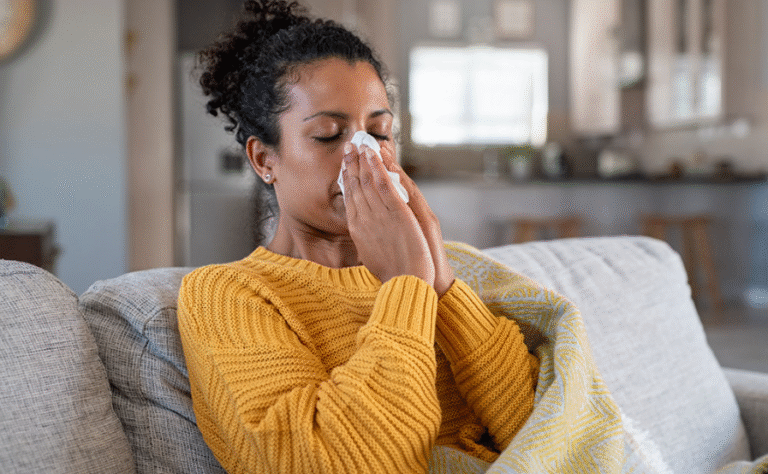How to Manage Anxiety in Social Situations
Anxiety in social situations is common than many people realize, often showing up as nervousness, self-doubt, or fear of judgment when interacting with others. Whether it’s speaking in public, meeting new people, or attending social gatherings, these moments can trigger overwhelming stress for those who struggle with social anxiety. Learning how to manage these feelings can make a significant difference in confidence and overall well-being.
Recognizing Your Triggers
Understanding what triggers your social anxiety is fundamental to managing it effectively. Here are common triggers and responses associated with social anxiety:
- Encountering new people: Meeting unfamiliar individuals can provoke feelings of unease or fear.
- Speaking in public: Delivering presentations or addressing an audience is a frequent source of anxiety.
- Attending social events: Gatherings, such as parties, can feel overwhelming due to perceived judgment or scrutiny.
- Participating in group activities: Working in groups or team environments can lead to fear of underperformance or rejection.
- Making phone calls or speaking in meetings: These situations often involve uncertainty or fear of saying the wrong thing.
- Physical reactions: Your body may respond to social stress with an increased heart rate, muscle tension, or difficulty concentrating.
- Thought patterns: Overthinking about potential negative outcomes or assuming harsh judgment from others often intensifies anxiety.
Recognizing these triggers and their accompanying physical and cognitive responses allows for early intervention.
Practicing Coping Techniques
Breathing techniques provide immediate relief during anxious moments. Deep breathing activates your body’s relaxation response, reducing physical symptoms of anxiety. Practice taking slow, deep breaths through your nose and exhaling slowly through your mouth.
Grounding techniques help redirect your focus away from anxious thoughts, bringing your attention to the present moment rather than future worries. Progressive muscle relaxation reduces physical tension associated with social anxiety. Start by tensing and then relaxing different muscle groups in your body. Begin with your toes and work your way up to your head.
Building Confidence Through Preparation
Preparation reduces uncertainty and builds confidence in social situations. Before attending social events, contemplate conversation topics or practice introducing yourself. Having a few topics ready helps to ease nervousness and worry about awkward silences.
Gradual exposure helps build tolerance for social situations. Begin with less challenging social interactions and gradually progress to complex ones. For instance, begin by making eye contact with cashiers, then progress to starting brief conversations with neighbors. Setting realistic goals prevents overwhelming yourself with unrealistic expectations. Rather than aiming to be the most talkative person at a party, set smaller goals, such as having one meaningful conversation or staying for a specific amount of time.
Seeking Professional Support
Professional help becomes helpful when social anxiety significantly impacts your daily life, work performance, or relationships. If you consistently avoid social situations or experience severe physical symptoms, a mental health professional can provide specialized treatment options. Therapy offers evidence-based treatments for social anxiety. Therapists can also teach specific coping strategies tailored to your individual triggers and symptoms. Medication management may be beneficial for some individuals with severe social anxiety. Mental health professionals can evaluate whether medication may help reduce symptoms and improve your ability to engage in social situations.
See also: The Connection Between Vein Treatments and Overall Health
Get Support for Anxiety Today
Managing anxiety in social situations requires patience, practice, and the right strategies. Start by identifying your specific triggers and implementing the coping techniques that work best for you. Remember that building confidence takes time, and small steps toward social engagement can lead to significant improvements. Contact a local mental health specialist to book an appointment for professional guidance and support.






